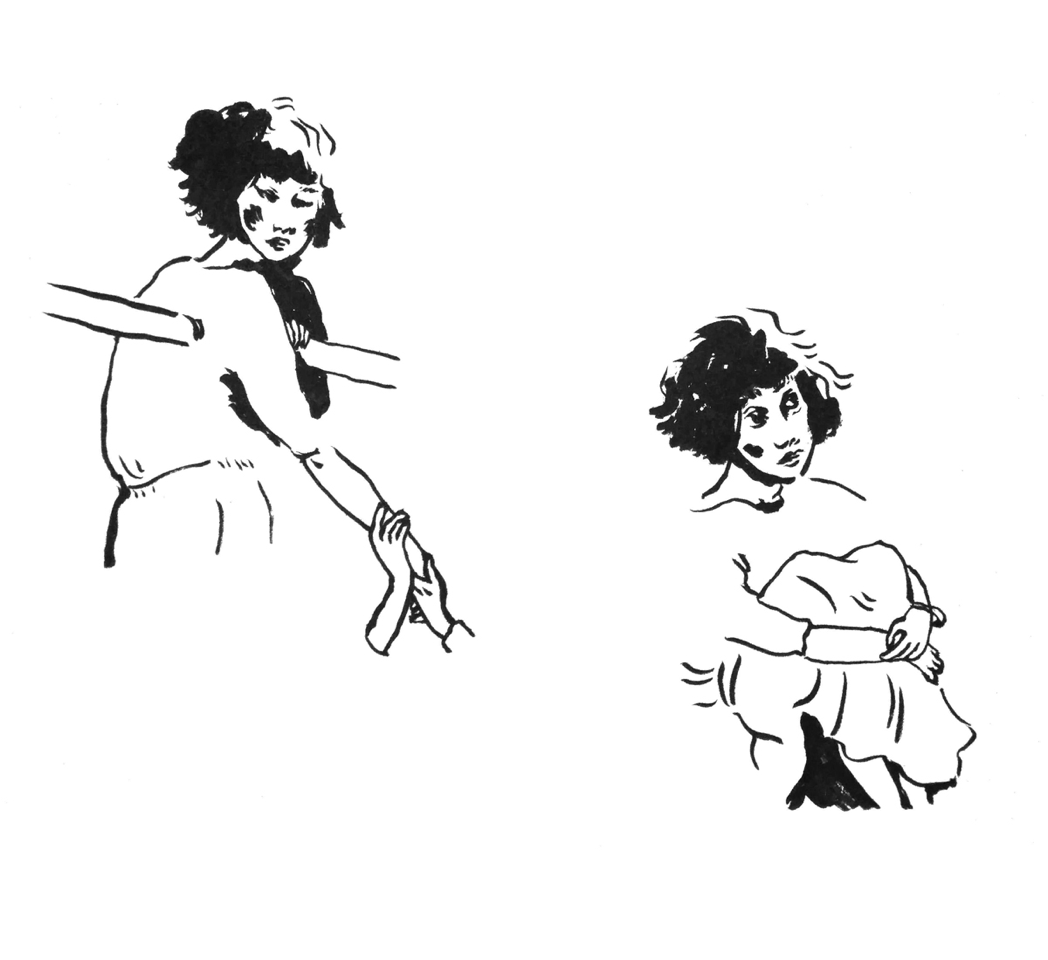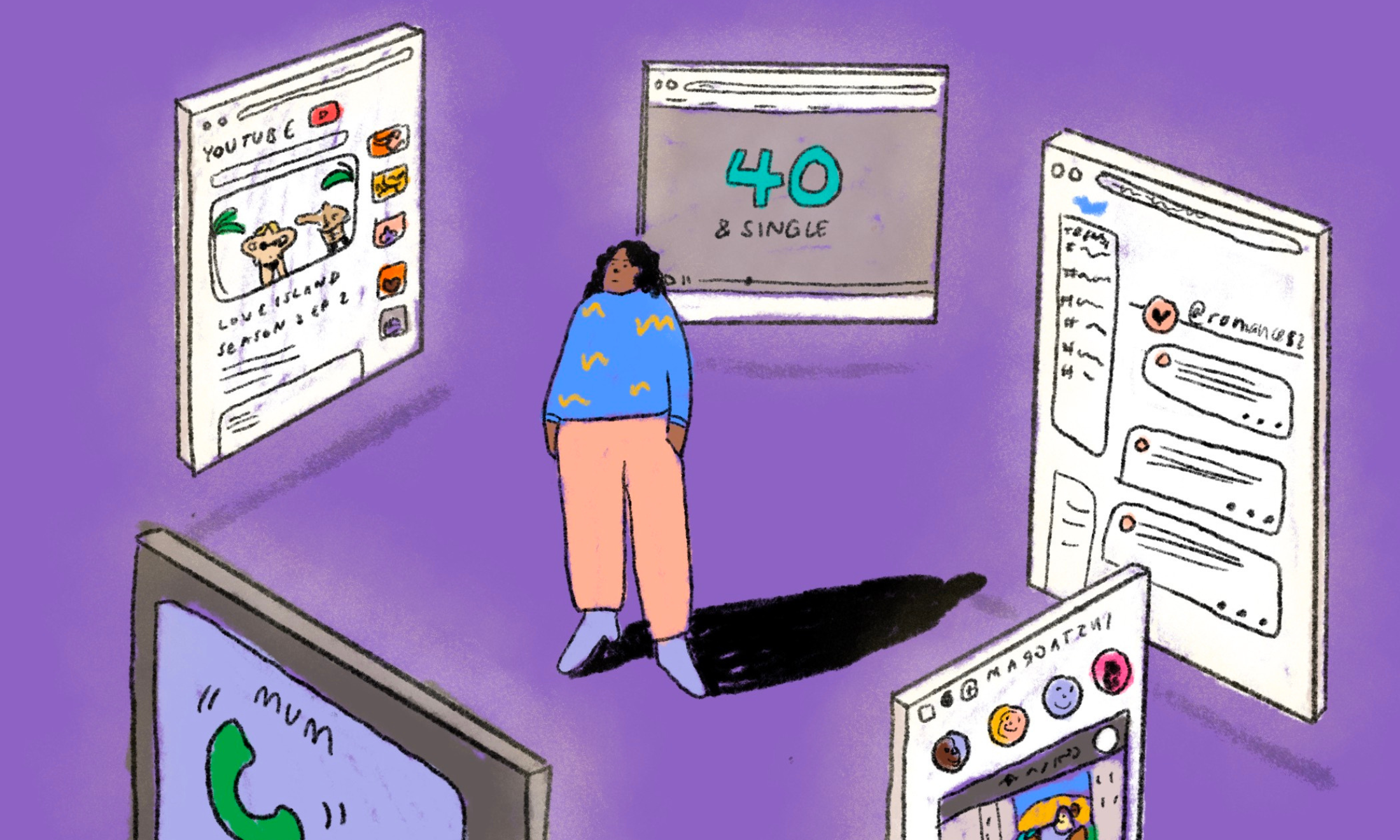
From my observations, life experiences and discussions with multitudes of people, it has been brought to my attention that intergenerational trauma is a very real, common phenomenon. What I thought was an isolating, unique experience to me, is familiar amongst many. It’s just it’s seldom spoken about. First documented amongst the descendants of Holocaust survivors, Vietnamese individuals whose parents and/or grandparents suffered under the Vietnam war were also known to experience PTSD transferred from the previous generation. And if this is a reality for those individuals, would we see a similar phenomenon for those fleeing the Iraq and Syrian war? For the descendants of those held under the slave trade? How exactly did that trauma pass on through these generations, and how does this impact those individuals today?
Growing up, I had an extremely dysfunctional family; the only way I could make sense of it was through the “cultural differences” paradigm. In other words, the main source of conflict was simply that I was born in the West, and they were born and bred in Iraq. They moved here and struggled to fit into a different culture, facing that very particular dilemma of raising children here. Whilst that explained my experiences to a certain extent, deep down I always had the itchy feeling of dissatisfaction. Regardless of cultural difference, why did I always feel like I was walking on eggshells around my family? Why is it that the trauma and violence I experienced in my household was so extreme, that I can barely recall my childhood or teenage years? Why did I find, in my experience, that this is such a particularly common phenomenon in Iraqi families?
It never made sense to me that it was simply a “conflicting cultures” issue. This paradigm was in itself a source of conflict for me, centring around whiteness rather than the real issue at hand. When I was younger, I never felt I could speak out about what I was facing at home. I was afraid that I would be legitimising the orientalist stereotypes that were used as weapons against me by white people. On the other hand, those from my Iraqi community would defend these social issues that plague us. They saw these traumatic experiences simply as “cultural customs” and sources of our identity. Anyone who would disagree was simply “Westernised”.
When I came across the term “intergenerational trauma” for the first time, it slowly began to make sense. From what I know of my parent’s lives, childhoods and teenage years, they both experienced their fair share of trauma alongside many other Iraqis. Both had grown up under a staunch Ba’athist dictatorship (a quasi-socialist totalitarian state), where it was the norm to have a police state. The population was constantly surveillanced and anyone who posed any dissenting view towards the state would have been in grave danger.
“This paradigm was in itself a source of conflict for me, centring around whiteness rather than the real issue at hand”
Both of my parents also faced particularly brutal domestic trauma within their own homes as children, which shocked even me. They had both experienced the horrors of decades of conflict which had destabilised the country, including the Gulf War of 1990-1991 and Iran-Iraq War of 1980-1988. This destroyed a great deal of infrastructure, weakened the economy with the amount spent on military spending and much of the population found themselves unemployed. This led to frustration within the population as well as a great deal of deaths, leaving many psychological scars unattended to. Many families in Iraq became dysfunctional within the domestic sphere as chaos ensued within the public one. Vulnerable members of the family such as women and children became the the scapegoat of mostly male frustrations. This goes to show, as long as this issue is brushed under the carpet, it will persist. As long as mental illness is stigmatised in both our communities and in wider western society, many more of us immigrants of children will continue to be scapegoats of PTSD and trauma.
I remember for the longest time, I thought I was the only one of my kind. The only one who suffered to the extent I did. Very few others would understand. I had grown up in a predominantly white town, with few other people of colour from immigrant families. It was hard to find folks I could relate to, or older figures who would completely understand my situation and be able to give me adequate advice and guidance. Moving out for university, as I ventured out into the real world and experienced more freedoms for the first time, I realised I could not be any more wrong.
“Vulnerable members of the family such as women and children became the the scapegoat of mostly male frustrations”
Bolstered by social media, I met those who had near enough the exact same experiences as me – and it always followed a similar pattern. Our parents experienced trauma in their youth, and they seemingly re-acted it onto us. For one Afghan friend in particular, her family was escaping war and the Taliban. Her father experienced neglect as a child, her grandfather having been in a polygamous marriage. She faced similar trauma at the hands of her family. A Nigerian woman I recently met on the tube opened up to me about how she had been emotionally and physically abused as a child, telling me her mother also experienced the same treatment from her own grandparents.
These examples are merely the tip of the iceberg. As I met more and more PoCs from outside of my insular hometown, I realised that this is such a common issue that I beg to ask why there is not more research on it. There is substantial discourse on the topic, but it is not mainstream or well-known at all. The “cultural difference” paradigm, which creates a binary of white vs other, completely erases nuance in our experiences and it isolates PoCs who struggle to escape the circular nature of intergenerational trauma. To simply frame our issues as a mere “cultural identity crisis” is simplistic and to be frank, an insult.
Our experiences go far beyond binary, reductive narratives. We have the right to articulate our complex, difficult situations that may not be easy to comprehend. We should not fear to speak up about our experiences, so that we can better understand the once mysterious wounds we lived with everyday. Now that we know the source, we can truly begin our healing process.









